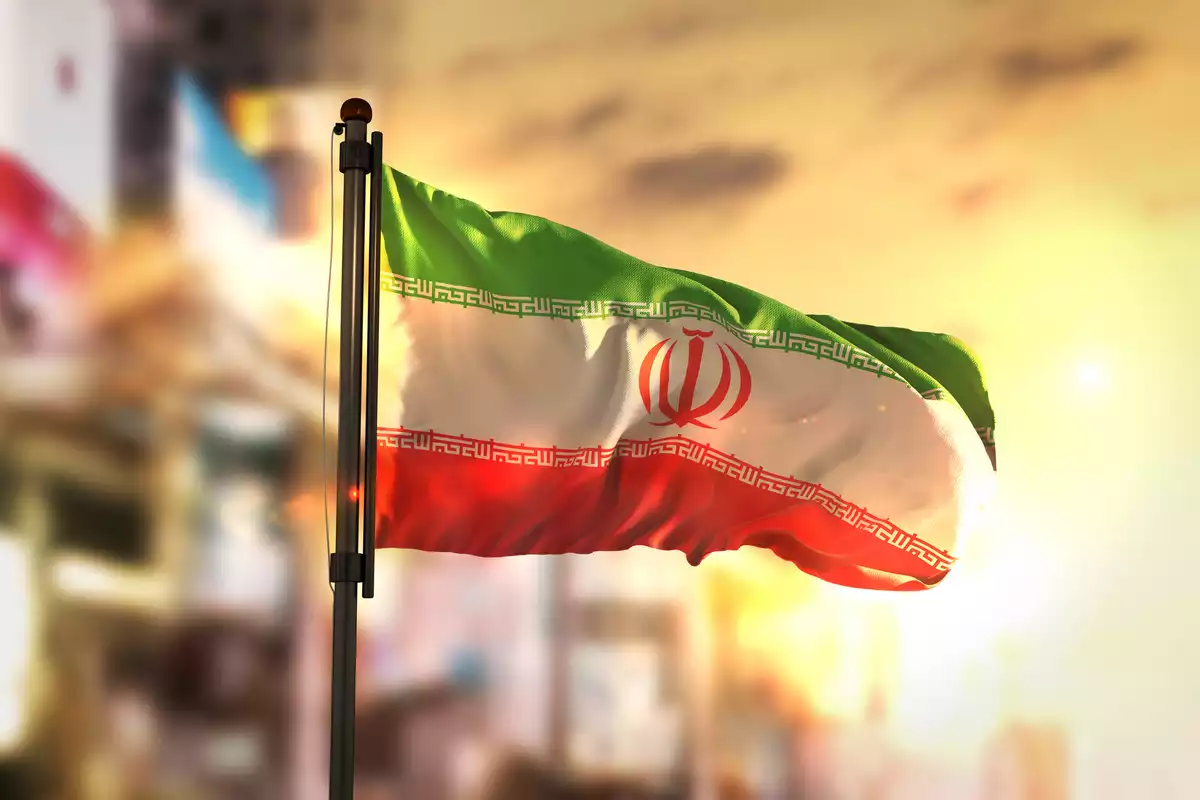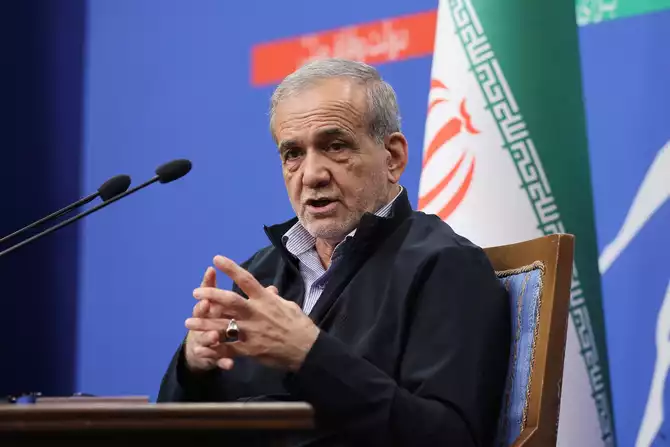
Creator: NatanaelGinting | Credit: Getty Images/iStockphoto
In recent weeks, Iran has witnessed two significant resignations that have sent shockwaves through the political and economic landscape. The first was the resignation of Abdonnaser Hemmati, the Minister of Economy and Finance, who previously led Iran's Central Bank. A respected figure in Iran's financial sector, Hemmati's departure was both unexpected and alarming. The second, even more consequential resignation, was that of Mohammad Javad Zarif, Iran’s former Foreign Minister and chief negotiator of the 2015 Joint Comprehensive Plan of Action (JCPOA). Zarif, often seen as the face of Iran’s diplomatic outreach to the West, was instrumental in securing a temporary reprieve from sanctions, allowing the nation to revive its oil trade and alleviate its economic crisis.
Zarif’s ousting, however, was not just a political maneuver-it was a statement. His extensive experience in the United States, including his tenure at Iran's mission to the UN, and the American citizenship held by his children, became weapons in the hands of hardliners who viewed his Western ties as a threat to Iran's sovereignty. Pressured by the judiciary chief, Hojjat-ol-Eslam Eje'i, and under relentless attack from conservative factions, Zarif was forced out, leaving a void that further isolates Iran from diplomatic engagement with the West.

Source: PRESS TV
This purge of reformist voices comes at a particularly precarious time for President Masoud Pezeshkian’s administration. Elected on promises of ending Iran's political and economic isolation, Pezeshkian's recent address to parliament was a stark contrast to his campaign rhetoric. In an uncharacteristically somber tone, he admitted to lacking the motivation to lead but emphasized a sense of duty to the Iranian people. More troubling was his reluctant concession to the supreme leader Ayatollah Ali Khamenei’s hardline stance against negotiating with the United States-a stance that dooms any hope of sanctions relief or economic recovery in the foreseeable future.
The implications of these developments are profound. With reformists sidelined, Iran's government is now dominated by fundamentalists committed to an adversarial approach to the West. This shift significantly constrains Tehran’s diplomatic options and accelerates the nation’s slide into deeper isolation. Economically, the consequences are already visible. Inflation has soared to alarming levels, with the Iranian rial rapidly losing value. When Pezeshkian took office in August last year, the exchange rate was around 59,000 tomans to the dollar; it now approaches 100,000. The impact on ordinary Iranians has been devastating-27% of the population lives below the poverty line, subsisting on less than two dollars a day, and 11% of the middle class has fallen into poverty in just the past year.
The resignation of Hemmati, far from a solution, was a desperate attempt to scapegoat him for the economic crisis. The parliamentary vote for his impeachment-189 in favor to 92 against-was a rare and telling moment in Iranian politics, underscoring the scale of the crisis. Khandouzi’s own defense was a grim acknowledgment of reality: the economic laws are unforgiving, and no minister alone can reverse the tide of inflation, unemployment, and devaluation that now grips the nation.

Source: Times of Israel
On the geopolitical front, Iran’s situation is even more dire. The collapse of Bashar al-Assad's regime in Syria has dismantled Tehran's logistics networks for arms and financial support to regional proxies. Hezbollah, once Iran’s most reliable ally, is weakened, and Lebanon’s government is increasingly asserting its independence from Tehran’s influence. Meanwhile, Hamas, despite maintaining a posture of resistance against Israel, finds its operational capabilities severely diminished.
In the absence of meaningful dialogue with the West, Iran faces a stark choice: a further tightening of sanctions that could push the economy to the brink of collapse or a military confrontation that would have catastrophic consequences. U.S. President Donald Trump’s declarations about escalating pressure if negotiations fail hint at a potential return to the brinkmanship of recent years. Yet, at present, neither talks nor military strikes seem imminent-only a protracted stalemate that continues to bleed Iran’s economy and deepen the suffering of its people.
For Iran to avoid a bleak future, it must recalibrate its foreign policy-something that seems increasingly unlikely under the current hardline administration. The expulsion of pragmatic voices like Zarif and the erosion of reformist influence have left Tehran without a credible path to negotiation. Unless the leadership can find a way to balance its ideological rigidity with the practical needs of a nation on the edge, Iran may find itself navigating an even darker chapter of economic despair and international isolation.
Share on social media